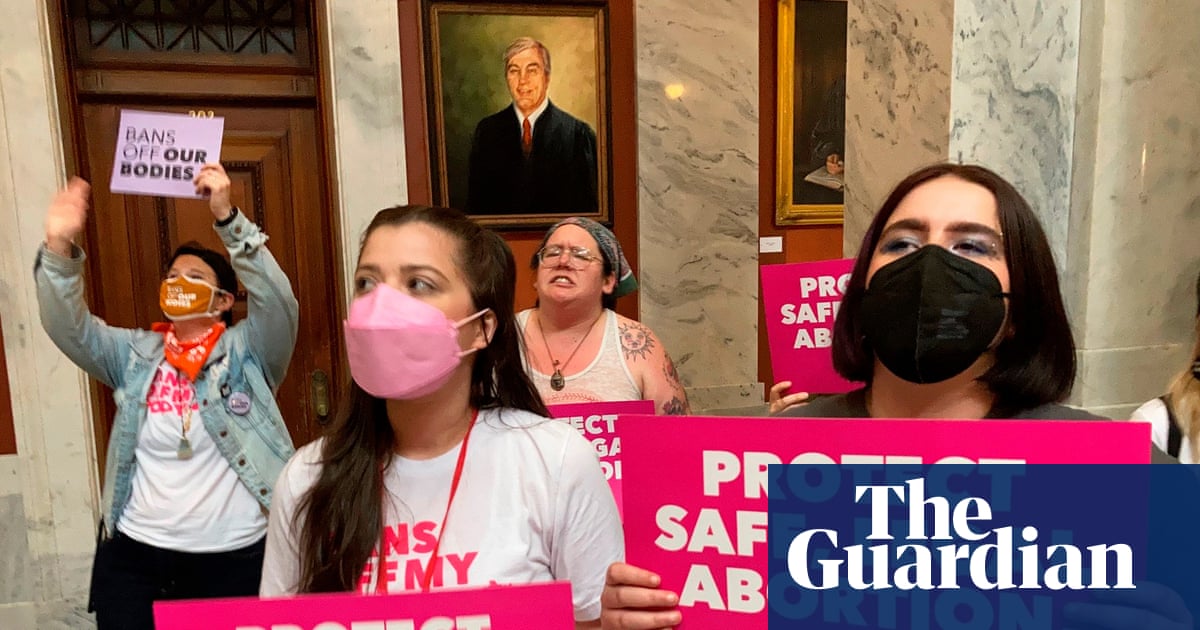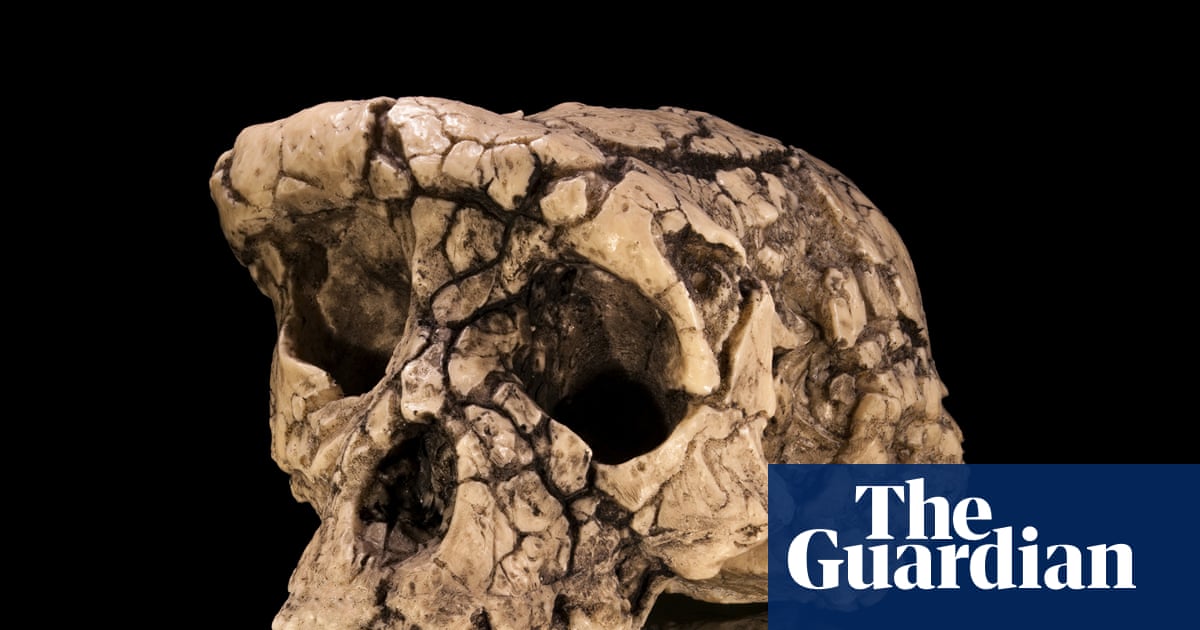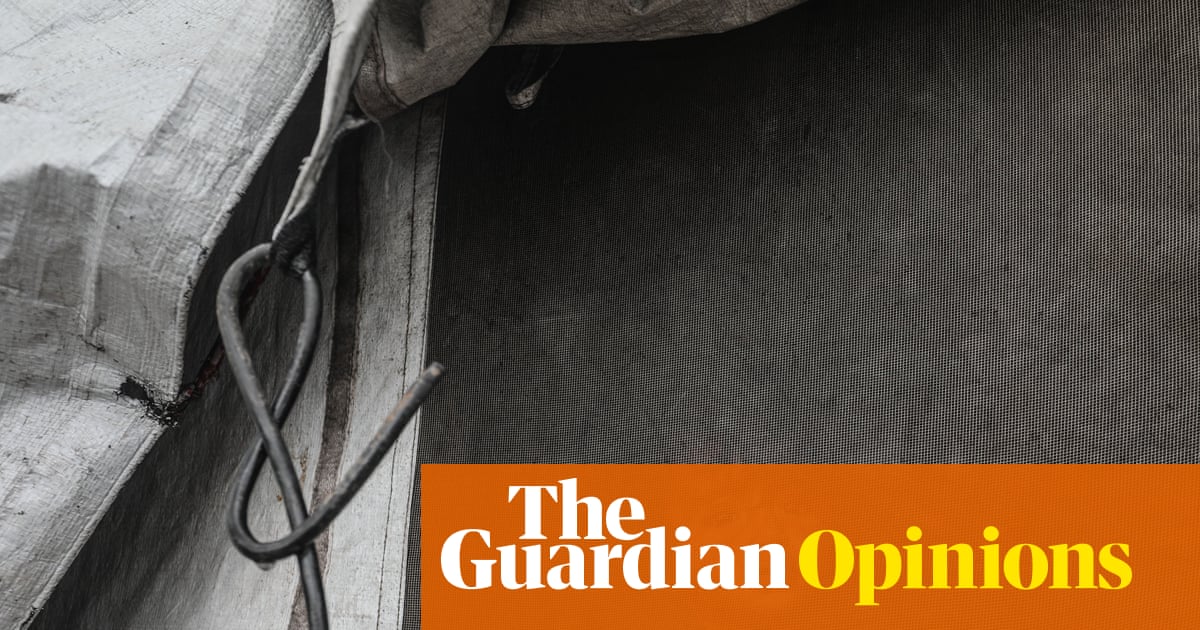In a strongly worded response to a high court decision blocking the removal of an asylum seeker under the “one in, one out” scheme, Shabana Mahmood railed at “last-minute vexatious claims” and “migrants suddenly deciding that they are a modern slave on the eve of their removal”.
The home secretary’s comments cast aspersions on the 25-year-old Eritrean in the individual case and asylum seekers more widely. But those who work in the system believe they do not reflect the reality of the way – and pace at which – the justice system and the framework for identifying victims of modern slavery work.
The claimant only arrived on UK shores on 12 August and evidence shows it can take a considerable amount of time for someone to be identified as a potential victim of modern slavery, find legal representation and gather evidence to support their claim.
On arrival in England and Wales, people can be referred to the national referral mechanism (NRM), which is the framework for identifying potential victims of modern slavery and is administered by the Home Office. This can be done by first responders, which includes some Home Office officials, the police, border force, local authorities and organisations such as the Salvation Army and the Refugee Council.
The possibility of delay starts here, where traumatised people may be unable or unwilling to express what they have experienced, warned by their trafficker not to say anything on arrival, or not even appreciate that they are a victim.
As the UK anti-slavery commissioner, Eleanor Lyons, told the Guardian: “Victims of modern slavery have endured horrific exploitation at the hands of criminals. Many victims are fearful of their traffickers and speaking about their experiences.
“Often they do not recognise themselves as ‘victims’ and have been told by their exploiters that the authorities cannot be trusted or they fear violence or reprisals against their families.
“That is why trained professionals, such as police, immigration officers and NGOs are tasked with identifying potential victims of modern slavery, not the victims themselves. It often takes time for victims to disclose their exploitation because trauma, fear and control by traffickers run deep.”
At the same time, there is no guarantee that the first responders will identify them and the NRM has been criticised for leaving people waiting too long for decisions.
An initial “reasonable grounds” decision on whether the individual is a victim of modern slavery is supposed to take five days but the Salvation Army said last year it was taking 47 days on average (about the same length of time that the Eritrean claimant has been in the UK). A confirmation of status “conclusive grounds” decision is supposed to take 45 days but in 2023 the median waiting time was 526 days.
If a first responder does refer an individual to the NRM, it may refer them to a lawyer at the same time. People who are not referred might be unable to access legal advice until they are moved to an immigration removal centre – which could be after a week in a short-term holding facility – through the detained duty advice scheme (DDAS). This is staffed by contracted legal aid lawyers who provide free, 30-minute legal advice appointments for people detained in such centres in England and Wales.
The lawyer will have 10 appointments in a day and will not be able to take on a lot of the cases, which leaves people relying on an NGO to refer them – another possible point of delay – to a different legal aid lawyer.
Experts have warned that there is a shortage of legal aid lawyers to assist asylum seekers. Research published by the Jesuit Refugee Service in July found that in Harmondsworth and Colnbrook immigration removal centres only 38% of respondents had any form of legal representation. Just 30% of the total were represented through the DDAS.
after newsletter promotion
Zoe Bantleman, the legal director of the Immigration Law Practitioners’ Association (ILPA), said: “Without specialist legal representation and trusted professional interpreters, many people are unaware of their rights, unable to access justice and ultimately at risk of further exploitation.
“Rather than decrying claims made only days after receiving legal representation as vexatious, or reviewing laws intended to uphold the absolute prohibition on slavery, we recommend the government put its energy into fixing our broken legal aid system so that people receive the timely legal advice and representation to which they are entitled.”
A letter sent by the ILPA and nine other organisations to the Home Office earlier this month described “a chicken and egg situation: they need legal advice to know they should request legal advice”.
It is only when a lawyer is engaged that the process of gathering evidence, such as medical assessments, can properly begin, which in itself can take time.
Going to court is the last port of call so will naturally be triggered by a removal decision – but it is not an automatic right. Judges are expected to throw out vexatious claims and lawyers can face a hearing of abuse of court under the so-called Hamid jurisdiction if deemed to have brought a hopeless application.
On the Free Movement blog, Sonia Lenegan, an immigration, asylum and public law solicitor, wrote: “I suspect that she [Mahmood] knows perfectly well that the ‘intolerable … last-minute attempts to frustrate a removal’ are a direct result of the system as designed by the Home Office, which does its absolute best to prevent people being able to access lawyers and make effective claims at all.”

 3 months ago
80
3 months ago
80

















































